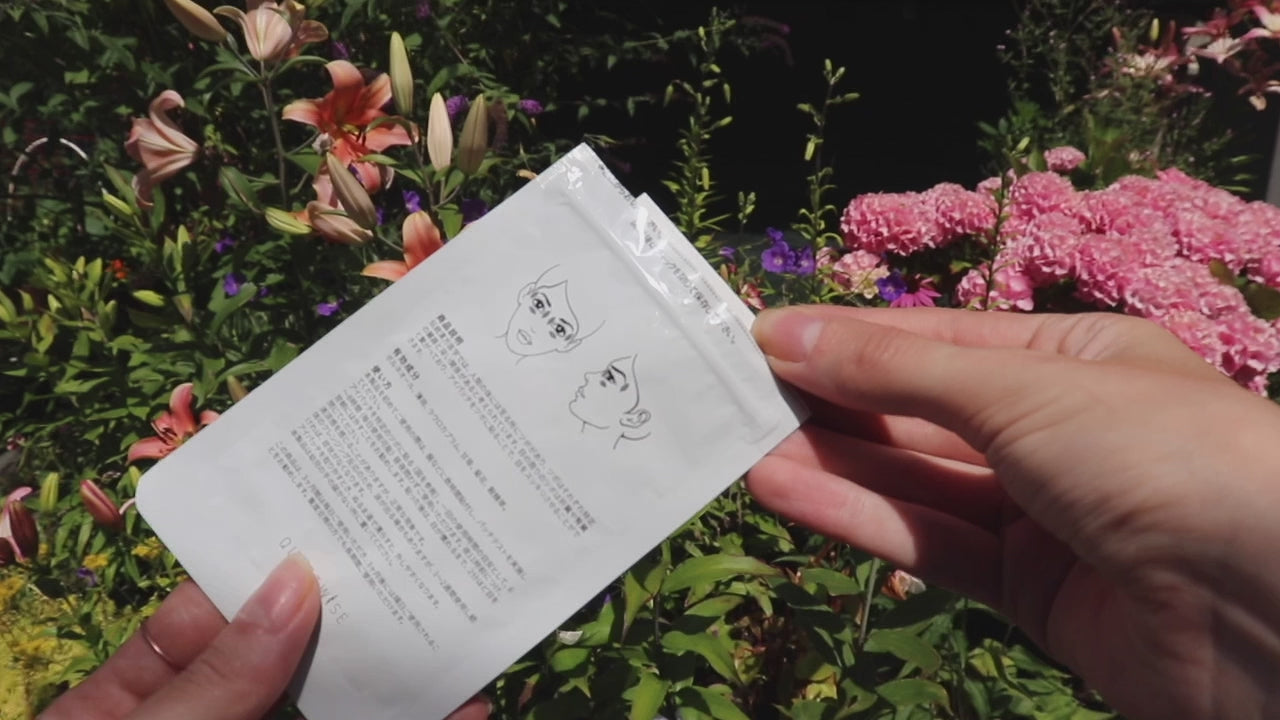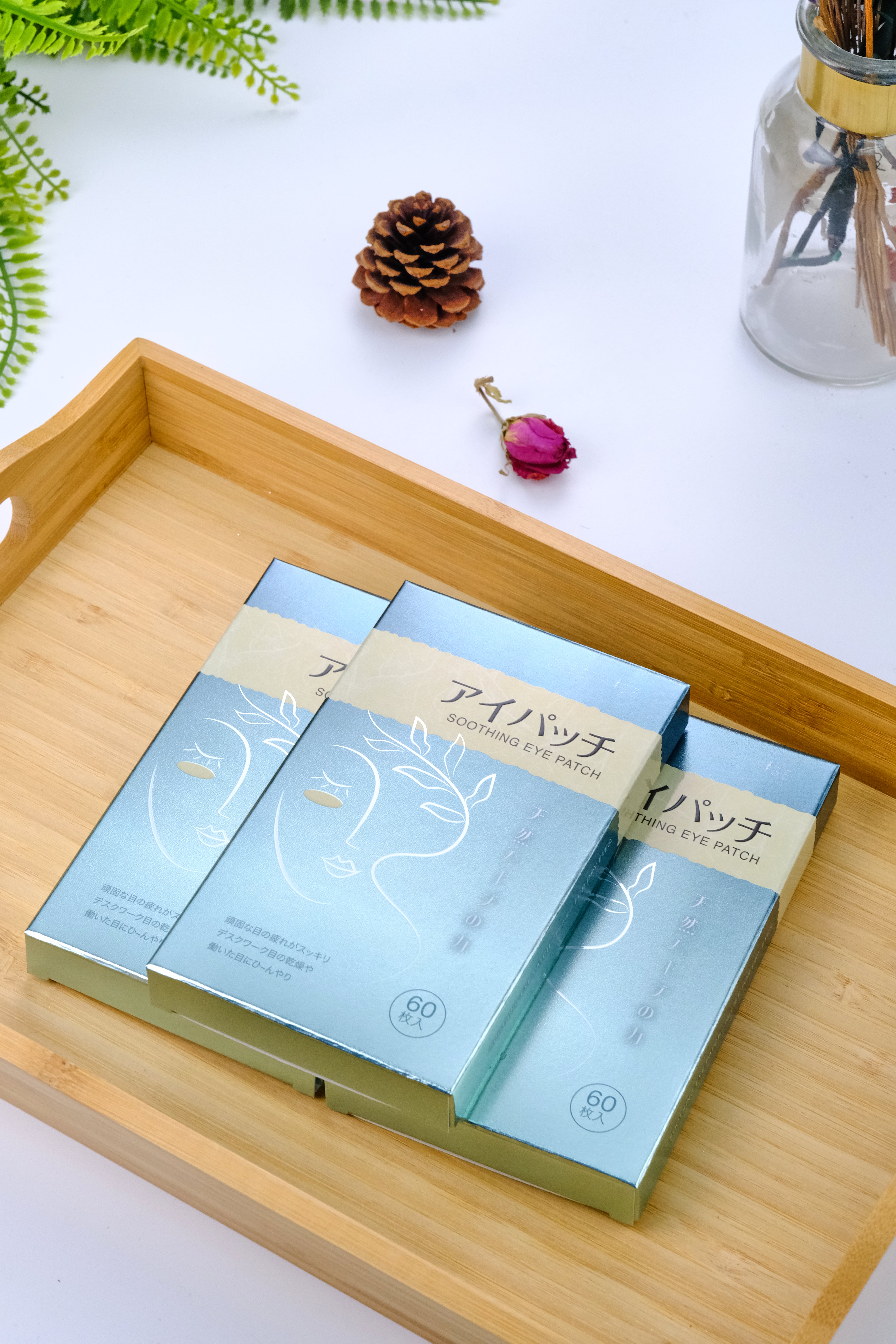Pollen Allergy Survival Guide: Stop Itchy Eyes Now
Spring's arrival brings warmer weather and blooming flowers, but for millions with pollen allergies, it also signals the start of itchy, watery eyes – a persistent irritation impacting daily life. This comprehensive guide explores pollen allergies, offers management strategies for itchy eyes, and introduces the Wise Quest Soothing Eye Patches for soothing relief.
Understanding Itchy Eyes and Pollen Allergies
Pollen allergies (allergic rhinitis or hay fever) occur when the immune system overreacts to pollen, tiny particles released by plants. When pollen contacts the eyes, nose, and throat's mucous membranes, the immune system mistakenly identifies it as harmful. This triggers histamine and other inflammatory chemical releases, causing various symptoms.
Itchy eyes result from histamine-induced inflammation of the conjunctiva (the membrane covering the eye's white part). This inflammation leads to itching, redness, watering, and swelling. Symptom severity varies depending on pollen type, exposure level, and individual sensitivity.
Identifying Your Pollen Triggers
Knowing your specific pollen triggers is crucial for allergy management. Different pollens are prevalent at different times: tree pollen (early spring), grass pollen (late spring/early summer), and weed pollen (late summer/fall). Tracking symptoms and correlating them with local pollen counts can help identify triggers. Consider keeping a detailed allergy diary to record your symptoms, the times they occur, and any environmental factors that may have contributed to them. This diary can be invaluable in helping you and your doctor identify your specific triggers.
Advanced Strategies for Managing Itchy Eyes
Managing itchy eyes requires a multifaceted approach. While there's no single cure, combining strategies can significantly reduce symptoms and improve your quality of life. Here are some advanced techniques to consider beyond the basics:
- Targeted Medication: Explore different types of antihistamine eye drops. Some offer longer-lasting relief than others, and your doctor can help you find the best fit for your needs. Consider mast cell stabilizers which work differently than antihistamines, potentially offering additional symptom relief when used in combination. Discuss the use of nasal corticosteroids with your doctor; these can be particularly effective in reducing overall allergy symptoms, which in turn, can lessen eye irritation.
- Advanced Lifestyle Adjustments: In addition to staying indoors on high-pollen days, consider using a HEPA filter in your home to remove pollen from the air. For those who are particularly sensitive to pollen, wearing sunglasses outdoors can help reduce the amount of pollen that comes into direct contact with the eyes. Regularly cleaning your home, especially frequently-touched surfaces, can also reduce the amount of pollen that accumulates indoors.
- Specialized Eye Compresses: Explore using refrigerated chamomile tea bags as eye compresses. Chamomile has natural anti-inflammatory properties that can provide extra soothing relief. Always ensure the tea bags are thoroughly cooled before applying them to your eyes.
- Professional Allergy Testing: If you're struggling to identify your triggers or manage your symptoms, consider undergoing professional allergy testing. This test can identify your specific allergens and help create a personalized treatment plan. This is especially helpful in determining whether you have allergies to multiple pollen types, different types of dust, or other allergens that could be contributing to your symptoms.
- Immunotherapy: For severe pollen allergies, consider discussing immunotherapy with your doctor. This involves gradually exposing your body to increasing amounts of allergens over time to build tolerance and reduce your allergic reaction.
Deep Dive into Wise Quest Soothing Eye Patches
Alongside these strategies, the Wise Quest Soothing Eye Patches offer a natural approach to soothing irritated eyes. These patches leverage traditional Chinese herbal medicine to address eye irritation's root causes. They relieve eye fatigue, dryness, astringency, redness, and swelling from screen time, environmental irritants, and other factors. They improve blood circulation, easing most eye discomfort and disease.

The Wise Quest Soothing Eye Patches offer a drug-free, convenient way to soothe itchy eyes and reduce inflammation, providing targeted relief without side effects. Their ease of use makes them a valuable tool in your allergy management toolkit. Remember to always follow the manufacturer's instructions for proper use and storage. They can be a wonderful addition to a broader allergy management strategy.
Crafting Your Personalized Pollen Allergy Action Plan
Effective pollen allergy management hinges on a personalized action plan combining strategies and products suited to your needs. Begin by identifying your pollen triggers and tracking pollen counts. Combine lifestyle adjustments, medications (when appropriate), soothing remedies like compresses, and the Wise Quest Soothing Eye Patches for a comprehensive approach.
Consistency is key. Diligent adherence to your action plan significantly reduces pollen allergies' impact. Consult your doctor or allergist for personalized guidance. They can help you fine-tune your plan based on the specifics of your allergy and health history. They can also provide guidance on any potential interactions between medications or supplements and any other health conditions you may have.
Conclusion: Reclaim Your Spring
Pollen allergies shouldn't control your spring. With proactive allergy management, including effective remedies such as the Wise Quest Soothing Eye Patches, you can reduce itchy eyes and other allergy symptoms. Take control and fully enjoy the season!











